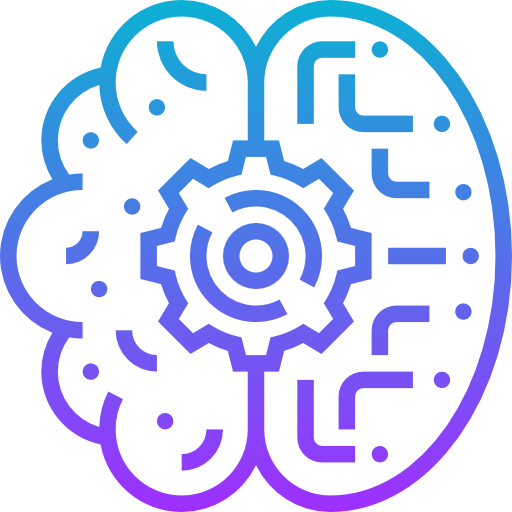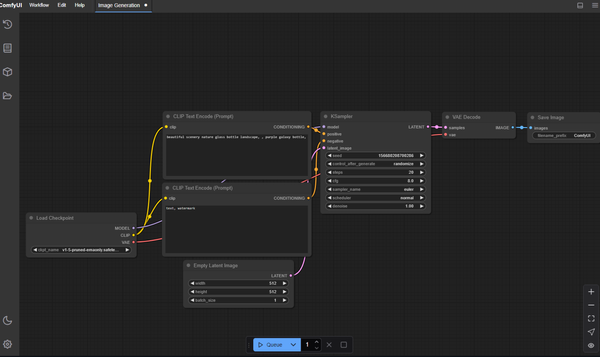How Healthcare Can Benefit from the New AI Wave
Are You Truly Ready to Put Your Mobile or Web App to the Test?
Don`t just assume your app works—ensure it`s flawless, secure, and user-friendly with expert testing. 🚀
Why Third-Party Testing is Essential for Your Application and Website?We are ready to test, evaluate and report your app, ERP system, or customer/ patients workflow
With a detailed report about all findings
Contact us nowTable of Content
As a doctor and software developer passionate about the intersection of healthcare and technology, I’ve seen businesses, even within the healthcare sector, struggle to integrate AI into their operations. Despite its immense potential, many organizations face challenges in adopting AI tools effectively.
To address this, we recently launched an AI Club aimed at helping businesses understand and implement AI solutions tailored to their needs. Let’s explore some key areas where healthcare can harness the power of AI, with insights from recent discussions on our blog, Medevel.com.
Automating Routine Tasks
One of the most immediate benefits of AI in healthcare is its ability to handle repetitive, time-consuming tasks. Tools like AI-powered medical scribes can automate documentation, allowing doctors to focus on patient care rather than paperwork.
Scheduling and billing can also be streamlined, reducing administrative burdens on healthcare providers.
In diagnostics, AI is proving invaluable by analyzing medical images, such as X-rays and MRIs, with remarkable accuracy. As highlighted in our article "How LLMs and RAG Are Shaping the Future of Radiological Diagnostics", large language models (LLMs) combined with retrieval-augmented generation (RAG) are revolutionizing radiology by providing real-time, evidence-based insights. This not only speeds up diagnosis but also reduces errors.
AI Agents in Hospitals
AI agents are intelligent systems capable of interacting with patients and healthcare providers to improve efficiency and satisfaction. In hospitals, they’re being used as virtual assistants for nurses and doctors, fetching patient data or summarizing clinical notes in seconds.
They’re also enhancing patient support by answering frequently asked questions and guiding users through self-care instructions.
Our detailed analysis in "AI Agents in Hospitals: Practical Applications and Challenges" dives into how these agents are transforming the healthcare landscape.
From improving clinical workflows to acting as triage assistants in emergency settings, AI agents are becoming indispensable tools.
Quality Management and Performance Analysis
Healthcare organizations often struggle with quality management and performance tracking. AI offers solutions by:
- Identifying patterns in patient outcomes.
- Monitoring adherence to clinical guidelines.
- Predicting adverse events, such as hospital-acquired infections.
These capabilities align with the broader movement toward value-based care, where outcomes take precedence over service volume. By leveraging AI, hospitals can personalize care plans and proactively manage at-risk patients, ensuring better results while reducing costs.

The Role of Retrieval-Augmented Generation (RAG)
RAG represents a cutting-edge AI architecture that combines retrieval-based systems with generative models. Unlike static models, RAG retrieves real-time, relevant data—such as the latest medical guidelines—to generate accurate and context-aware outputs. This has great potential in healthcare.
For instance, RAG can:
- Provide clinicians with up-to-date treatment recommendations.
- Generate personalized patient education materials.
- Assist in medical training by delivering tailored learning content.
We’ve covered how this technology is shaping radiology in our blog, but its applications go far beyond diagnostics, potentially revolutionizing how clinicians and patients access information.
Enhancing Patient Satisfaction
AI can improve patient satisfaction by:
- Reducing wait times through predictive analytics.
- Offering telehealth services with AI-driven personalization.
- Ensuring medication adherence with smart reminders.
These tools not only make healthcare more accessible but also empower patients to take control of their health. However, it’s important to stress that AI should not be used for self-diagnosis, as noted in "AI in Healthcare: Bridging the Gap Between Innovation and Clinical Practice".
Our AI Club: Bridging the Gap Between Innovation and Business
Recognizing the potential of AI across industries, we’ve started an AI Club to help businesses understand and implement AI solutions. This initiative brings together developers, AI enthusiasts, and business leaders to explore practical applications of AI in healthcare and beyond. Whether it’s integrating AI agents into hospital systems or leveraging RAG for decision support, our goal is to make AI accessible and impactful.
AI is not just a technological trend; it’s a powerful tool that can reshape healthcare as we know it. By automating tasks, improving decision-making, and enhancing patient care, AI is setting the stage for a more efficient, patient-centered future. However, it’s essential to approach this transformation thoughtfully, ensuring that technology complements clinical expertise rather than replacing it.
Looking for help?
If you need help integrating AI into your workflows—from choosing the right tools and setting up open-source solutions to tailoring AI for your specific needs—we're here to guide you. Our consultation service is designed to simplify the process, helping you leverage AI effectively and seamlessly.












